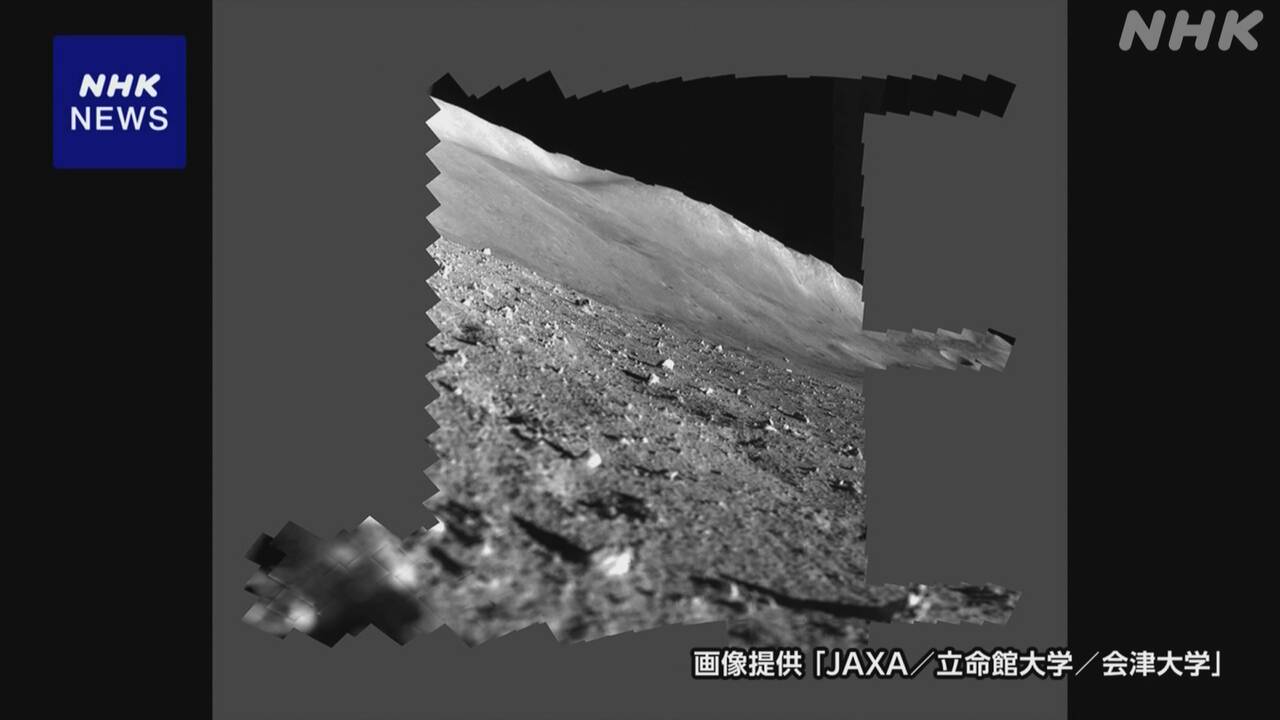Japan's unmanned probe ``SLIM'', which successfully landed on the moon last month, has been conducting an investigation using its onboard solar cells to generate electricity, but it has entered a ``dormant'' state at night when the landing site is no longer exposed to sunlight. This was revealed by JAXA = Japan Aerospace Exploration Agency.
Last month, the Japanese unmanned probe SLIM, which successfully landed on the moon, experienced an abnormality in its main engine and landed in a different attitude than expected, so its onboard solar cells were unable to generate electricity. However, by about eight days after landing, the solar cells were able to generate electricity and communications with the ground could be re-established.
After that, an investigation was carried out to find out the origin of the moon by measuring the types of minerals contained in rocks on the lunar surface using a special camera on board, but according to JAXA, the landing site was located in the sunlight. It has been confirmed that the spacecraft has entered a ``dormant state'' as the night begins to fade.
So far, researchers have successfully used a special camera to observe 10 rocks on the moon that have been named after dogs, such as "Aki Dog" and "Dalmatian," and are currently analyzing them.
It is known that temperatures on the lunar surface can drop to around -170 degrees Celsius at night, and the spacecraft is not designed to withstand such low temperatures. If the situation can be maintained, we would like to restart the investigation.

